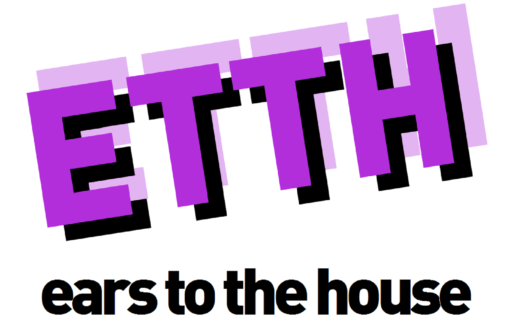Ears To The House has little to make in terms of comment on the case of Raj Chaudhari versus R&S Records and owner Renaut Vandepapelier, which was recently concluded. Chaudhari sued R&S and Vandepapelier on the grounds of discrimination under the Equality Act 2010 last year – both denied the claims and fought them strenuously.
Many of the facts in the case are outlined in the legal judgement – a public document anyone can access online. In the end, the case was dismissed because “the claimant was not in employment under a contract to personally do work” and because Chaudhari “was not in employment for the purposes of Section 83(2) of the Equality Act 2010”, he did not come “within the scope of the Equality Act and his claims are dismissed”.
The result of the case was reported across much of the dance music media – and we would probably have covered it too had we not been on sabbatical at the time. But we noticed one particular section of the legal judgement – Section 47 – was seemingly ignored by the more mainstream press.. It begins with…
“The claimant presented his first claim to the Tribunal on 21st January 2021. What he did then was to release the details of his first claim form to the press. It was reported by the BBC, the Guardian (and by other outlets, it seems, including the industry magazine Resident Advisor on 10th February 2021). It is not clear whether or not the media outlets were aware the claim form was sub judice”.
Sub judice, we hear you say? According to the UK Parliament website, “the sub judice rule prevents MPs or Lords from referring to a current or impending court case… sub judice applies to avoid the House from possibly influencing the legal outcome of a case”. The same rules apply in the media – and yes, that includes online outlets like Ears To The House. Employment Judge Wright continues with this…
“The fact of the claim and the particulars of the claim were not yet a matter of record and this hearing was the first occasion where the matters were discussed in public. There is therefore a concern that the media outlets have committed contempt of court.”
In other words, the press could only report what has been publicly discussed – unless the judge explicitly states otherwise – from the dates of the hearing, which were on March 10th and 11th this year. Which therefore leaves a number of press outlets at risk of contempt of court – an offence which carries large fines and in some cases, prison time.
A press statement issued by R&S Records shortly after the case’s dismissal claims that British law firm Manley’s has made a referral to the Attorney General for England and Wales – the Office for the Attorney General was contacted before publication of this article, but declined to comment. It remains to be seen whether any action will be taken.
Comments are unavailable on this story for legal reasons.





